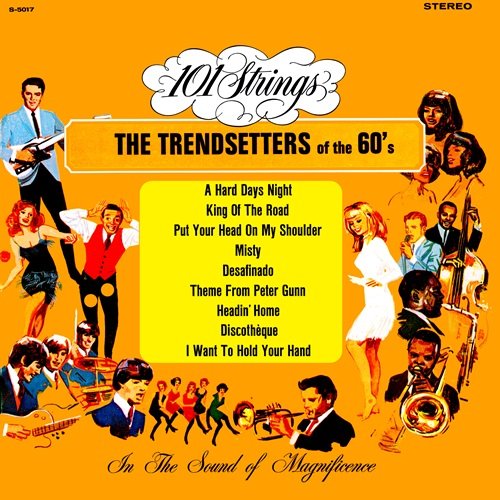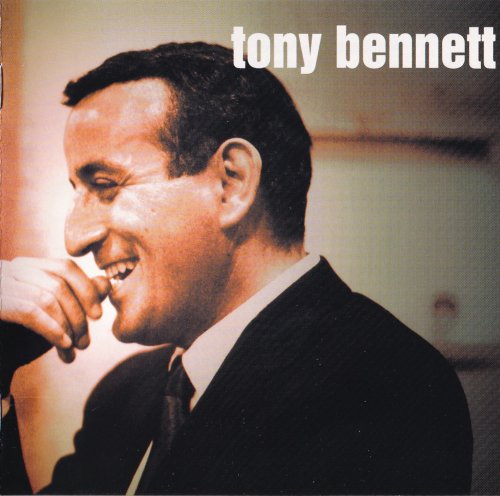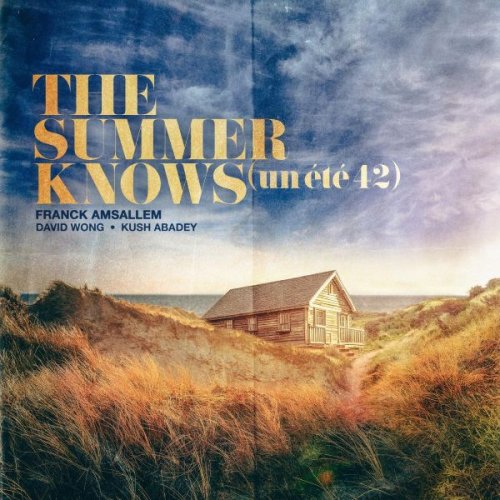David Parry - Mascagni: Cavalleria Rusticana (1998)
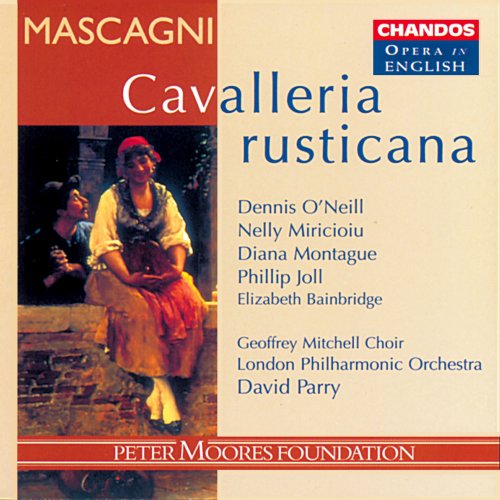
Artist: London Philharmonic Orchestra, David Parry, Dennis O'Neill, Nelly Miricioiu, Phillip Joll, Diana Montague, Elizabeth Bainbridge
Title: Mascagni: Cavalleria Rusticana
Year Of Release: 1998
Label: Chandos
Genre: Classical
Quality: FLAC (tracks + booklet)
Total Time: 1:19:31
Total Size: 328 MB
WebSite: Album Preview
Tracklist:Title: Mascagni: Cavalleria Rusticana
Year Of Release: 1998
Label: Chandos
Genre: Classical
Quality: FLAC (tracks + booklet)
Total Time: 1:19:31
Total Size: 328 MB
WebSite: Album Preview
01. Prelude
02. Siciliana: O Lola with your skin white as the lily (Turiddu ) —
03. Prelude (conclusion) —
04. Ah! Ah! (Chorus) —
05. Spring has returned (Chorus) —
06. Scene and Alfio's Song: Tell me, mamma Lucia (Santuzza)
07. Scene and Alfio's Song: Horses champing at the bit (Alfio)
08. Scene and Prayer: Good for you mister Alfio (Lucia)
09. Easter Hymn: I must be going! (Alfio)
10. Romance and Scene: You know your son, Turiddu (Santuzza)
11. Scene: What do you want Santuzza (Turiddu)
12. Lola's Song: Sweet flow'rs I bring you (Lola)
13. No, no, Turiddu (Santuzza)
14. Oh! So my prayer has been answered (Santuzza)
15. I'd like to thank you (Alfio)
16. Intermezzo
17. Scene Chorus and Brindisi: The service is over this Easter (Chorus)
18. Scene Chorus and Brindisi: Neighbours, with a glass I meet you (Turiddu)
19. Finale: All the blessings of Easter! (Alfio)
20. Finale: Alfio, listen (Turiddu)
21. Finale: The wine is making me talk nonsense (Turiddu )
This is one of the five most popular operas in the repertoire; its combination of striking melodic material and taut, exciting drama has ensured the work’s longevity in the opera house and on record.
The cast of Cavalleria rusticana is a strong one, with each soloist a distinguished singer: Nelly Miricioiu, Diana Montague, Elizabeth Bainbridge, Dennis O’Neill and Phillip Joll. The conductor, David Parry, is equally distinguished in his field and has made dozens of opera recordings, many of which are staples of the catalogue.
Mascagni was born in Livorno, Italy, in 1863. His parents opposed his choice of a musical career, but he was determined to pursue his own path. Though he was dismissed from the Milan Conservatory for not completing his assignments, he supported himself by playing the double bass at the Teatro dal Verne in Milan and conducting in Cromola. he then moved to Cerignola where he saw Sonzogno’s second competition for one-act operas. His imagination fired, he quickly wrote Cavalleria rusticana, but almost immediately had doubts about the score and submitted Guglielmo Ratcliff instead. Luckily for him, his wife had dispatched the score of Cavalleria rusticana and it won first prize. Its success was immediate and lasting, and Mascagni never again quite achieved the same success he had with this opera. In fact, the spread of its popularity has not been matched by any other opera and its greatest compliment - it spawned a host of imitations. The concise, pasionate tale of Sicilliam peasants - ordinary people in believable situations - struck a chord with audiences, and Mascagni’s simple but effective dramatic devices still pack a punch.
The cast of Cavalleria rusticana is a strong one, with each soloist a distinguished singer: Nelly Miricioiu, Diana Montague, Elizabeth Bainbridge, Dennis O’Neill and Phillip Joll. The conductor, David Parry, is equally distinguished in his field and has made dozens of opera recordings, many of which are staples of the catalogue.
Mascagni was born in Livorno, Italy, in 1863. His parents opposed his choice of a musical career, but he was determined to pursue his own path. Though he was dismissed from the Milan Conservatory for not completing his assignments, he supported himself by playing the double bass at the Teatro dal Verne in Milan and conducting in Cromola. he then moved to Cerignola where he saw Sonzogno’s second competition for one-act operas. His imagination fired, he quickly wrote Cavalleria rusticana, but almost immediately had doubts about the score and submitted Guglielmo Ratcliff instead. Luckily for him, his wife had dispatched the score of Cavalleria rusticana and it won first prize. Its success was immediate and lasting, and Mascagni never again quite achieved the same success he had with this opera. In fact, the spread of its popularity has not been matched by any other opera and its greatest compliment - it spawned a host of imitations. The concise, pasionate tale of Sicilliam peasants - ordinary people in believable situations - struck a chord with audiences, and Mascagni’s simple but effective dramatic devices still pack a punch.
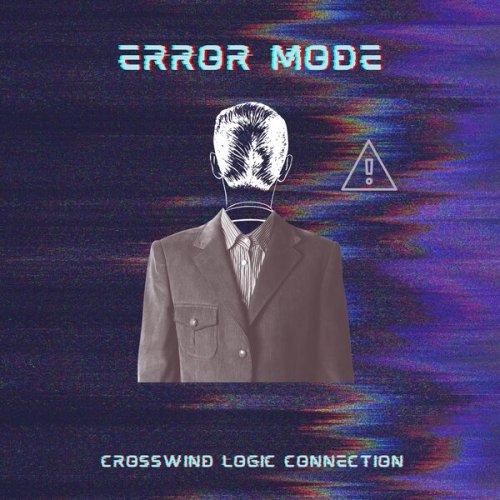
![Rachael & Vilray - West of Broadway (Deluxe Edition) (2026) [Hi-Res] Rachael & Vilray - West of Broadway (Deluxe Edition) (2026) [Hi-Res]](https://www.dibpic.com/uploads/posts/2026-01/1769104420_cover.jpg)
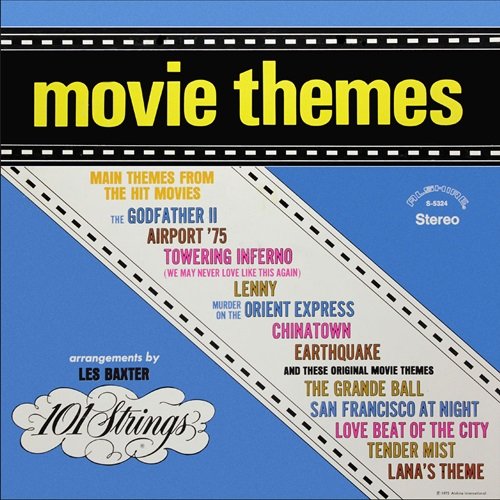
![Al Doum & The Faryds - Ipnagogico (2026) [Hi-Res] Al Doum & The Faryds - Ipnagogico (2026) [Hi-Res]](https://www.dibpic.com/uploads/posts/2026-01/1769236800_aov9zwf3xd31h_600.jpg)
![Norah Jones - Come Away With Me (Super Deluxe Edition) (2022) [Hi-Res] Norah Jones - Come Away With Me (Super Deluxe Edition) (2022) [Hi-Res]](https://www.dibpic.com/uploads/posts/2022-04/1651138636_ief8ss12z749b_600.jpg)
![Colin Hinton - Three Suites (2026) [Hi-Res] Colin Hinton - Three Suites (2026) [Hi-Res]](https://img.israbox.com/img/2026-01/23/1j01ziw4dco9g969ftsu2ln12.jpg)
